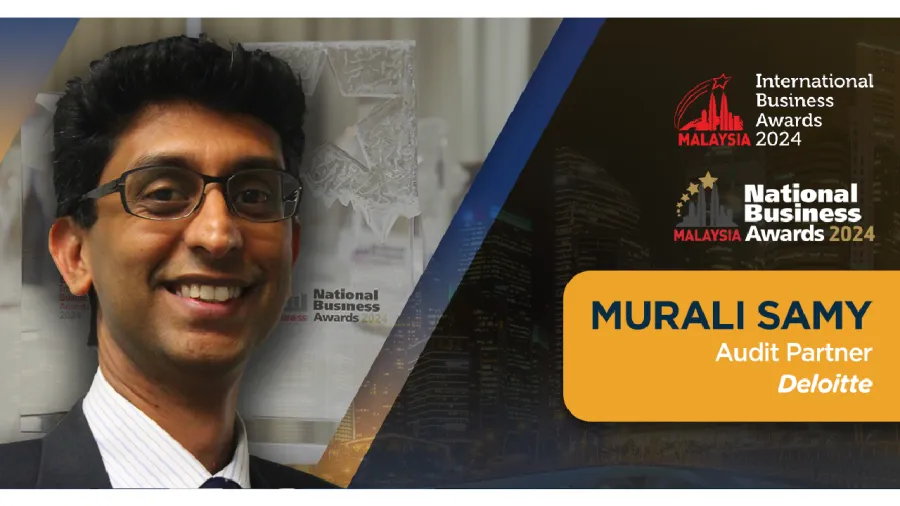
Bridging tradition and transformation: Deloitte Partner Murali Samy provides perspectives on navigating Malaysia's business future
Dive into the heart of Asia's bustling business landscape with Audit Partner Murali Samy as he shares his insights on the challenges and opportunities that define this dynamic economic hub.
In the ever-changing Asian business landscape, Malaysia stands as a dynamic hub, a melting pot of economic opportunities and challenges. Businesses find themselves at the intersection of tradition and innovation, navigating resilience and adaptability.
Murali Samy, an esteemed Audit Partner and JB Branch Leader at Deloitte, with over 25 years of experience in public accounting practice, offers invaluable insights into the intricacies of navigating this complex terrain.
Murali's extensive professional journey encompasses a diverse range of audit assignments, from small limited companies to public quoted companies and multinational corporations. His expertise spans various industries, including manufacturing, oil palm plantation, and compliance with US GAAP. Murali's wealth of experience positions him as a seasoned guide in the realm of auditing, providing a unique perspective on the challenges and opportunities faced by businesses in the contemporary Asian business landscape.
In this interview, Murali delves into the pressing issues confronting businesses today. From regulatory complexities and talent acquisition challenges to the transformative impact of AI and the growing significance of Environmental, Social, and Governance (ESG) reporting, he offers a comprehensive view of the evolving business landscape.
Considering the current business environment, what do you believe are the most significant challenges for businesses from both an auditing and operational perspective?
- Complex regulatory and compliance requirements – staying abreast of the latest requirements and expertise
With an evolving business landscape and recent incidents of high-profile fraud cases, there are increasingly high expectations on auditors and business owners to comply with enhanced regulatory and compliance requirements. Strict compliance requirements and tight deadlines by regulators demand an increased work pace for management and auditors whilst maintaining high standards to ensure that financial reports are published on a timely basis without compromising their quality. In this regard, staff are expected to keep updated with the latest requirements and be experts in their field, as business owners not only see them as auditors but also as trusted business advisors.
- Talent acquisition and retention
Consequently, it’s essential that firms hire the right talent. However, it’s been a challenge to retain talent in the auditing industry. Firms need to manage talent expectations with competitive remuneration packages, flexible work arrangements, and the use of appropriate technology tools and processes to remain efficient and effective. Firms also need to ensure a healthy work-life balance for their staff.
- Data privacy and security
With access to internal information of businesses and their processes, firms have the responsibility to maintain the confidentiality of such information.
- Geopolitical uncertainties
The cost of doing business has drastically increased with wars and political uncertainties impacting economies and businesses around the world.
In your view, how are businesses adapting their financial reporting and auditing processes to reflect a commitment to sustainable and responsible business practices?
- Enhancing risk management processes
One of the fundamental concepts is to understand the business and identify the key risks that affect businesses.
Audit teams are expected to be familiar with key industry and business risks to ensure that they can drive and perform efficient and focused audits.
For businesses, owners and the management are expected to know their businesses well and identify key risks in their business to ensure that they can address them effectively and drive their businesses in the right direction. In doing so, they will also be able to deliver informed analysis and reports to their shareholders and the public.
- Educate and upskill talent to raise employees’ knowledge and expertise
Businesses and firms are making conscious efforts to educate their people, especially the finance teams, in their knowledge development in accounting standards, business risks, and ESG requirements to ensure that their people are able to produce high-quality financial statements that add value to the shareholders. At Deloitte, there is a bench of independent specialists who can be deployed around the world to provide subject matter expertise and new, insightful perspectives.
Looking ahead, what trends do you foresee shaping the future of the business landscape, and how should companies prepare to address these changes?
- Increased use of AI & automation
To keep up with business trends, companies are expected to invest in AI and automation tools. This will help businesses run their operations in an efficient and focused manner. As such, they need to invest in hiring data analysts and IT specialists.
Audit firms are already investing in AI audit tools to provide value-added services to their clients, especially insights into industries and where their clients are heading. This would also help businesses to identify key risks and keep up with rapidly evolving business models.
- Increased demand for ESG reporting
Businesses in Malaysia need to be more focused on ESG initiatives that affect their business and society. Staff need to be educated and upskilled on ESG-related matters to help them evaluate environmental risks and opportunities, besides incorporating them into business strategies.
- Growing importance of ethics and professional standards
With all of the above, employers should also educate and emphasise the importance of ethics to their staff to ensure businesses are run ethically.
As a judge for the Malaysia National Business Awards and Malaysia International Business Awards, what specific qualities do you consider when evaluating outstanding businesses?
- Outstanding milestones and achievements
- Marketing positioning
- Patents/Trademarks
- Growth strategies
- Awards and accreditations
- Technological adoption and innovation
- Research and development
- Profit and sales growth
- Corporate social responsibility





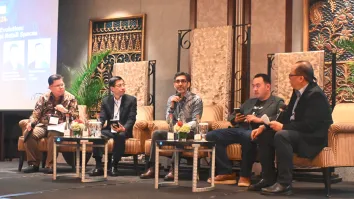

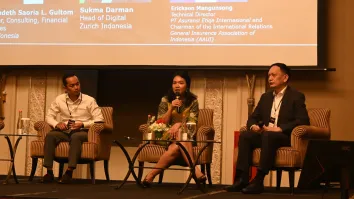

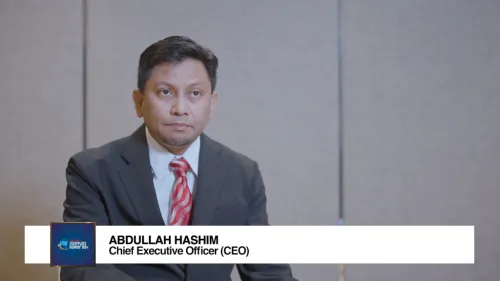
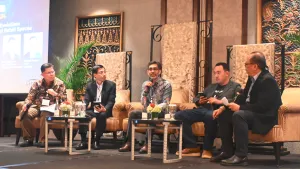
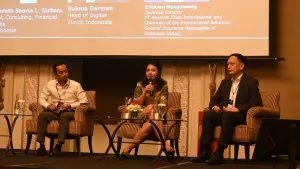
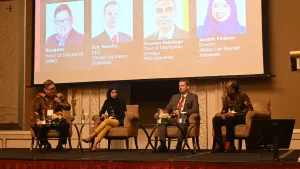
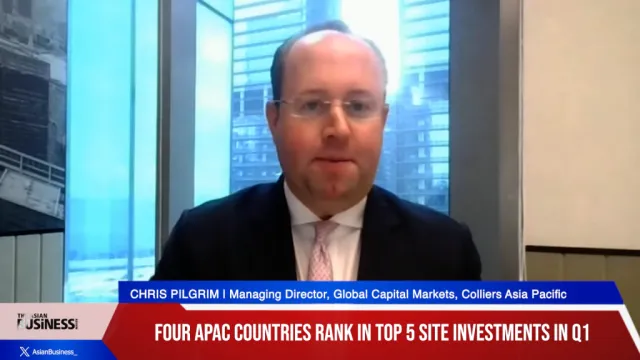
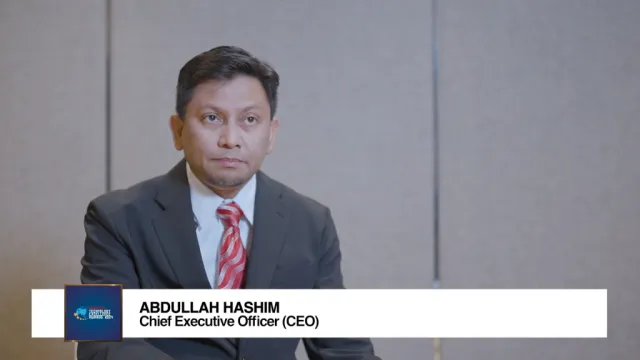
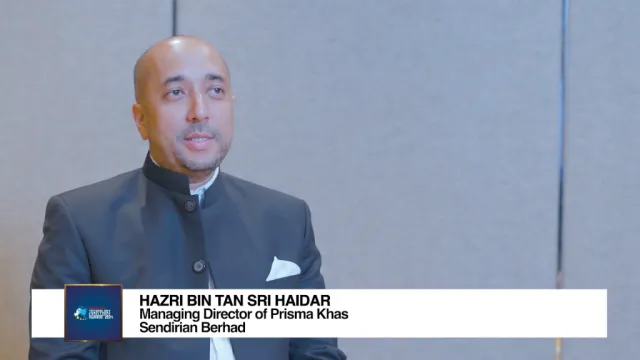

 Advertise
Advertise







